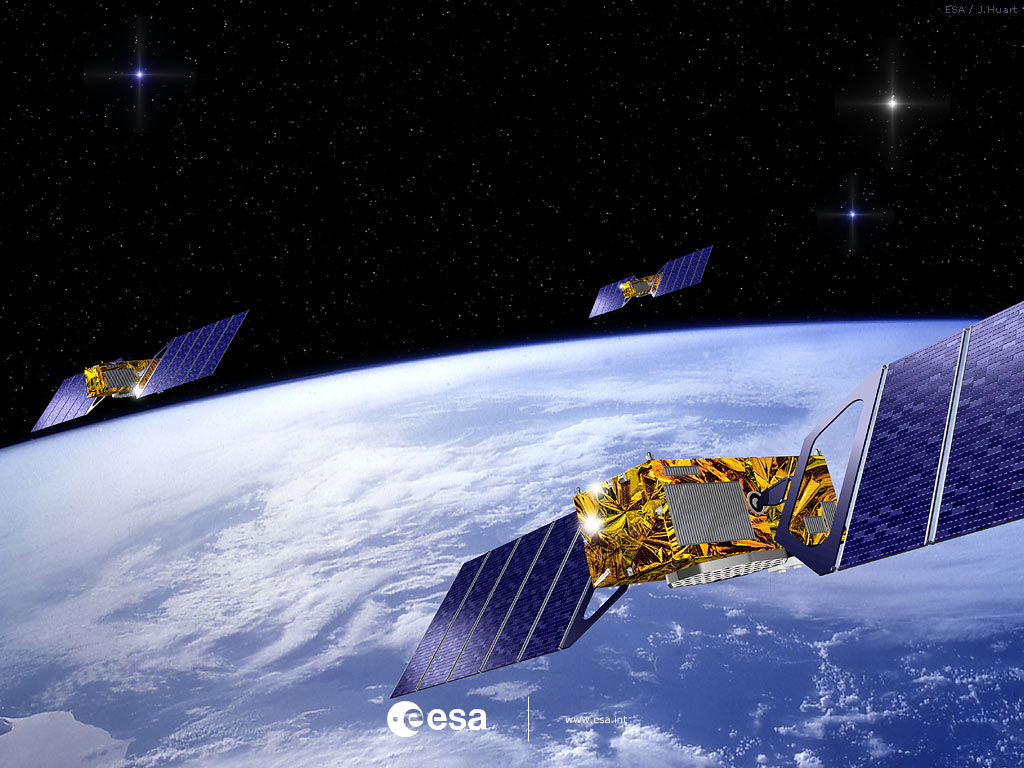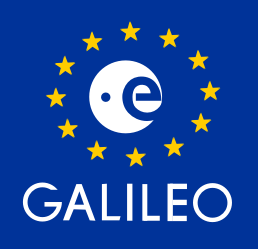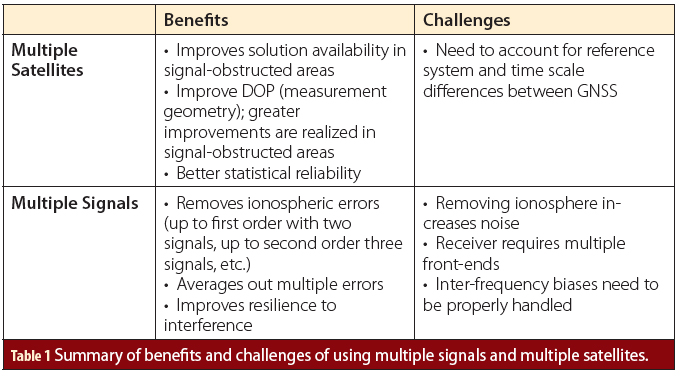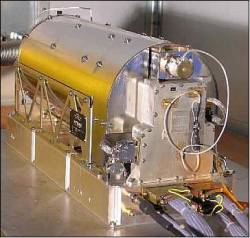Orolia announced today that its atomic clock solutions have been selected for the Galileo Global Navigation Satellite System (GNSS). Under contracts totaling 26 million euros, or approximately $30 million, Orolia will deliver its stable, accurate timing solutions to 12 additional Galileo satellites.
Each satellite will carry two Rubidium atomic clocks and two passive Hydrogen Masers, said to be the most stable clock in the world. Under these contracts, Orolia will supply its Spectratime Rubidium Atomic Frequency Standard and its Passive Hydrogen Masers physics package for an additional 12 Galileo satellites. These new satellites will reinforce Orolia’s position in the number of active atomic clocks in space, including more than 100 in the Galileo system.
This latest initiative builds on Orolia’s long-standing role in providing precise timing technology for satellite programs. The companyis a leader in resilient positioning, navigation and timing (PNT) solutions designed to improve the reliability, performance and safety of critical, remote or high-risk operations
“We’re honored to continue supporting the European Commission with precise timing for Galileo,” said Orolia CEO Jean-Yves Courtois. “These new contracts further emphasize Orolia’s position as the world’s leading provider of resilient positioning, timing and navigation (PNT) solutions.”
In addition to serving as Europe’s independent PNT source, Galileo can also serve as a secondary signal source for systems such as GPS, GLONASS or BeiDou in the event of service disruption. Galileo’s quadruple clock redundancy designed into each satellite ensures that even if a failure occurs, overall system performance will not be compromised.
More than 150 Orolia Spectratime atomic clocks are flying to support Galileo, IRNSS, BeiDou, GAIA and other missions, some for more than 10 years. Orolia is a leading designer and manufacturer of a full range of high-performance, low cost GNSS synchronized crystal solutions, Rubidium and Maser sources, smart integrated GNSS reference clocks, rugged PNT devices, GNSS simulation and clock testing systems. Orolia’s PNT solutions support a variety of critical applications including defense, government, space, maritime, enterprise networks, aviation and telecommunications.
RELATED READING: Orolia’s Satellite-Based Alternative PNT Solution Demonstrates a Resilient Timing Solution
Asia-Pacific SAR Leadership Position
Earlier this month Orolia announced that Taiwan has selected its McMurdo Medium-altitude Earth Orbit Search and Rescue (MEOSAR) ground system to support regional search and rescue missions.
With Australia, Indonesia, Malaysia, New Zealand and Singapore equipped with Orolia’s innovative Search and Rescue Satellite-aided Tracking (SARSAT) technology, the addition of Taiwan establishes Orolia as the leading provider of SARSAT systems in the Asia-Pacific region.
As part of the contract, Orolia will deliver a six-channel McMurdo Medium-altitude Earth Orbit Local User Terminal (MEOLUT) system and two LEO/MEOLUT single-channel systems which will function as LEOLUTs (Low-altitude Earth Orbit LUTs) when LEOSAR satellites are in view, and as MEOLUT channels for the rest of time. These two LEO/MEOLUT channels will function as fulltime MEOLUT channels when Cospas-Sarsat decommissions the LEOSAR system, ultimately providing an eight-channel MEOLUT system in Taiwan.
This innovative Orolia solution enables customers to refresh their aging LEOLUTs with new hardware that also tracks MEOSAR satellites for access to more accurate positioning, navigation and timing data. This dual technology also enables customers to avoid an expensive upgrade when LEOSAR is phased out.
The Taiwan contract also includes PRISMA MCCNet, which provides a Cospas-Sarsat commissionable LEO/GEO/MEO Mission Control Center. For this project, Orolia will supply hardware, software, installation, systems integration, testing, commissioning, training and program management services.
“We’re proud to bring the world’s leading satellite search and rescue technology to Taiwan,” said Paul Zweers, Orolia’s VP Systems and Solutions in a press release. “Orolia can improve mission outcomes by reducing rescue times to a matter of minutes, rather than several hours.”






